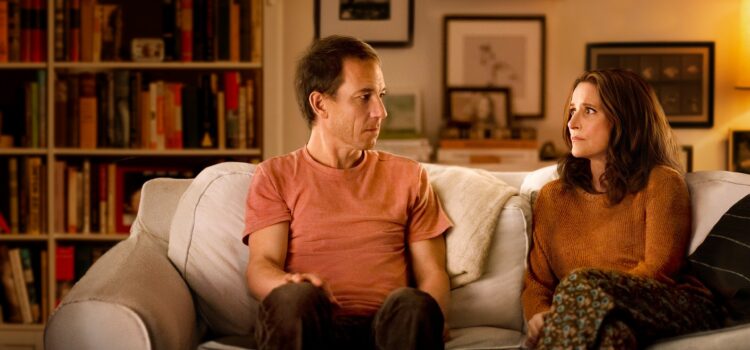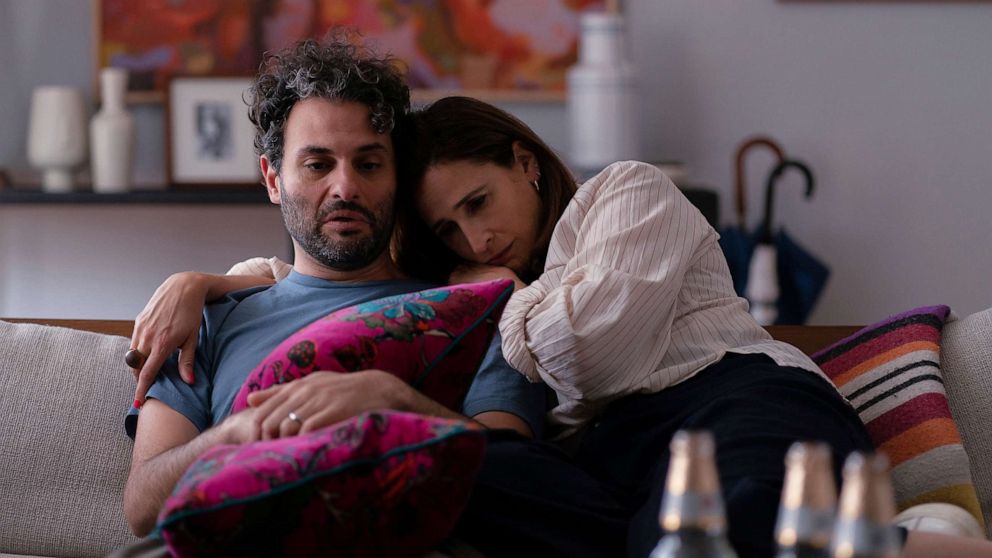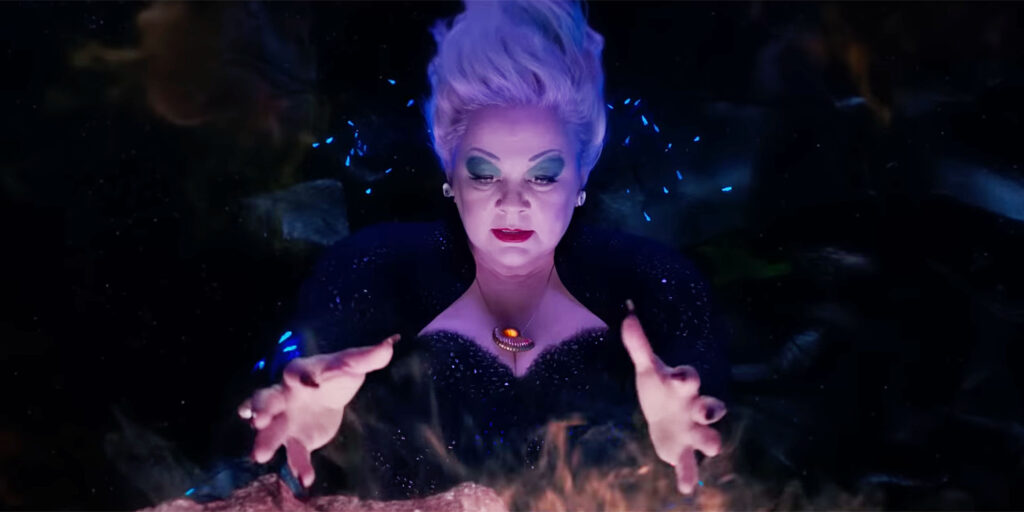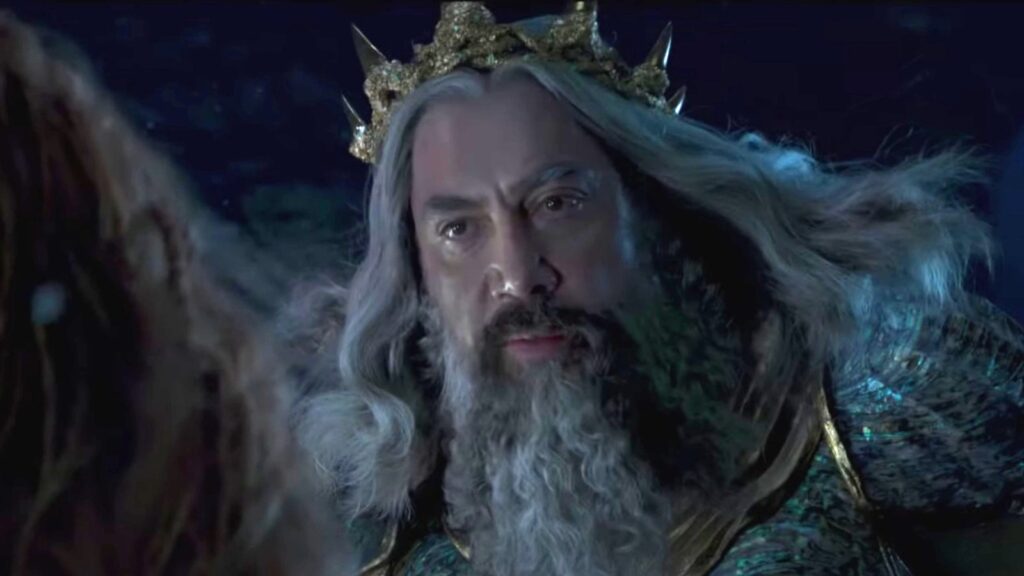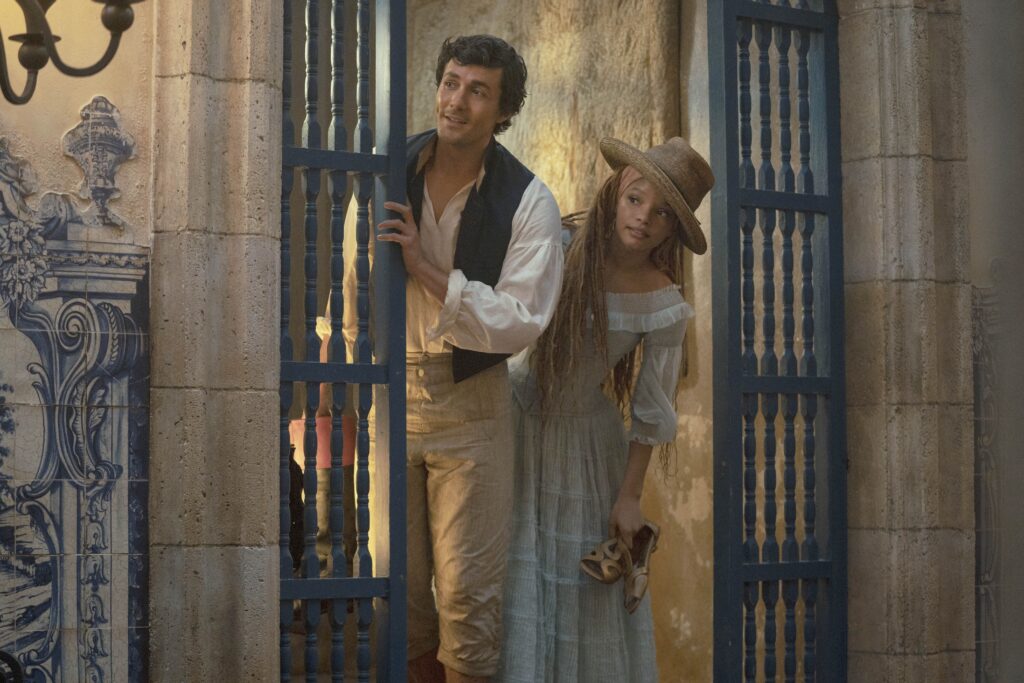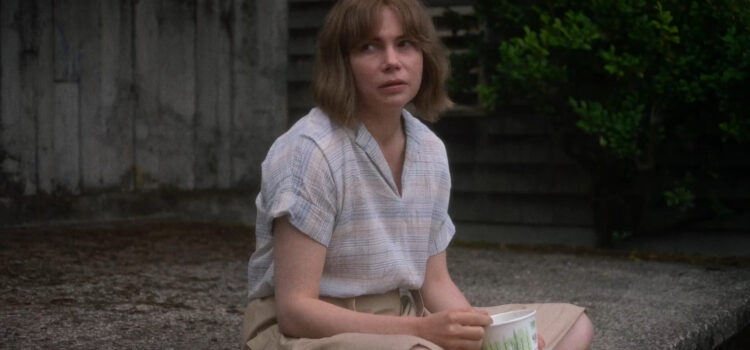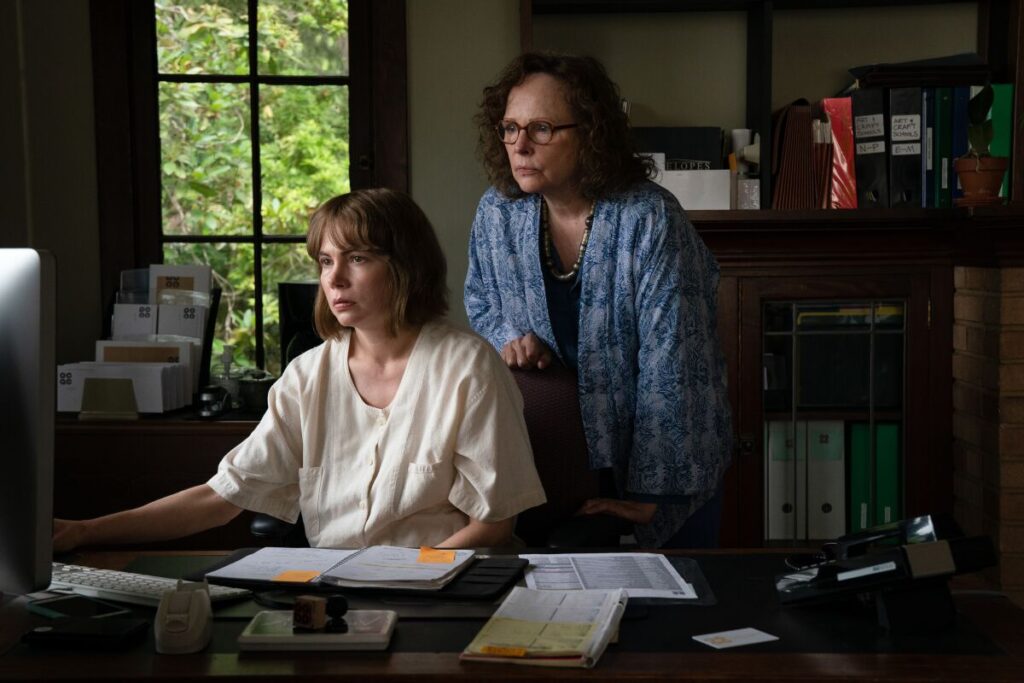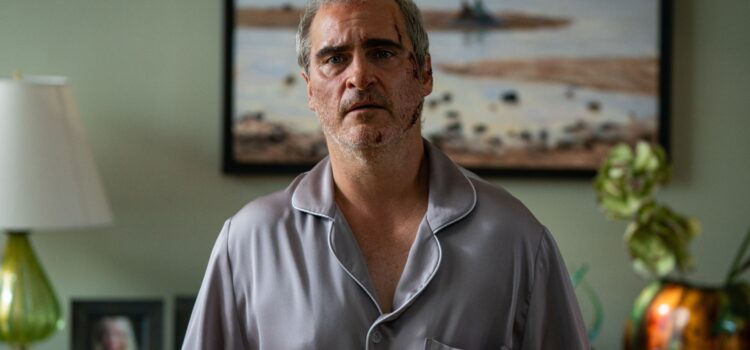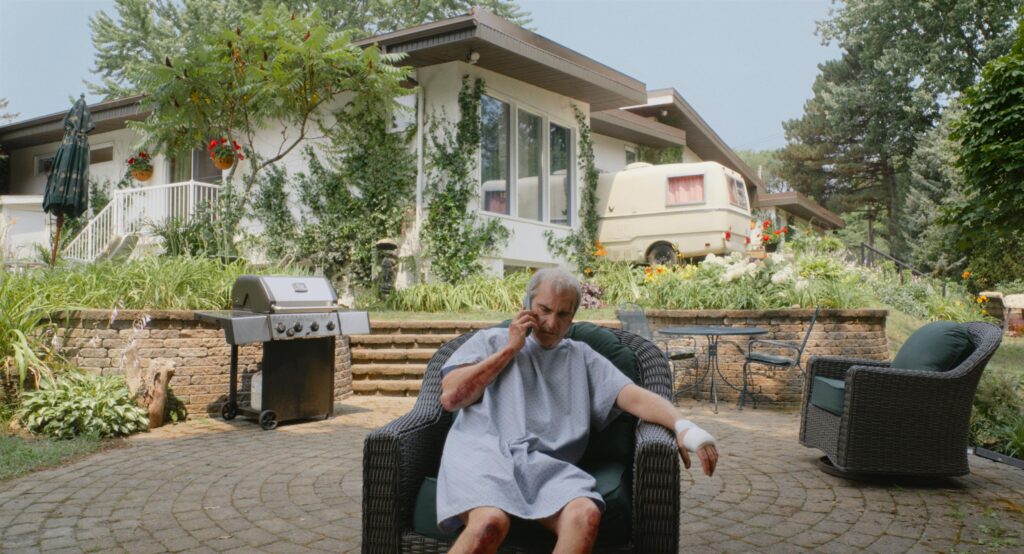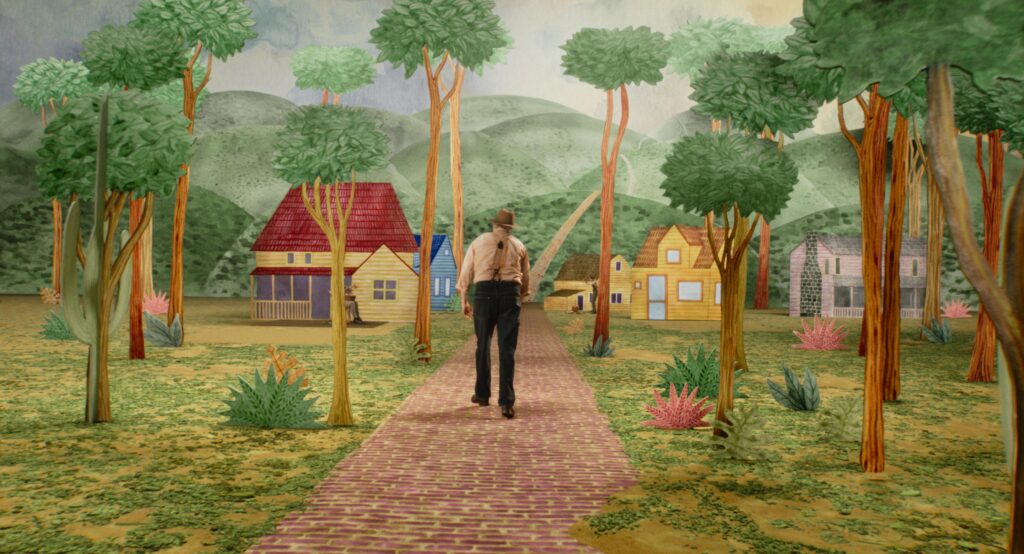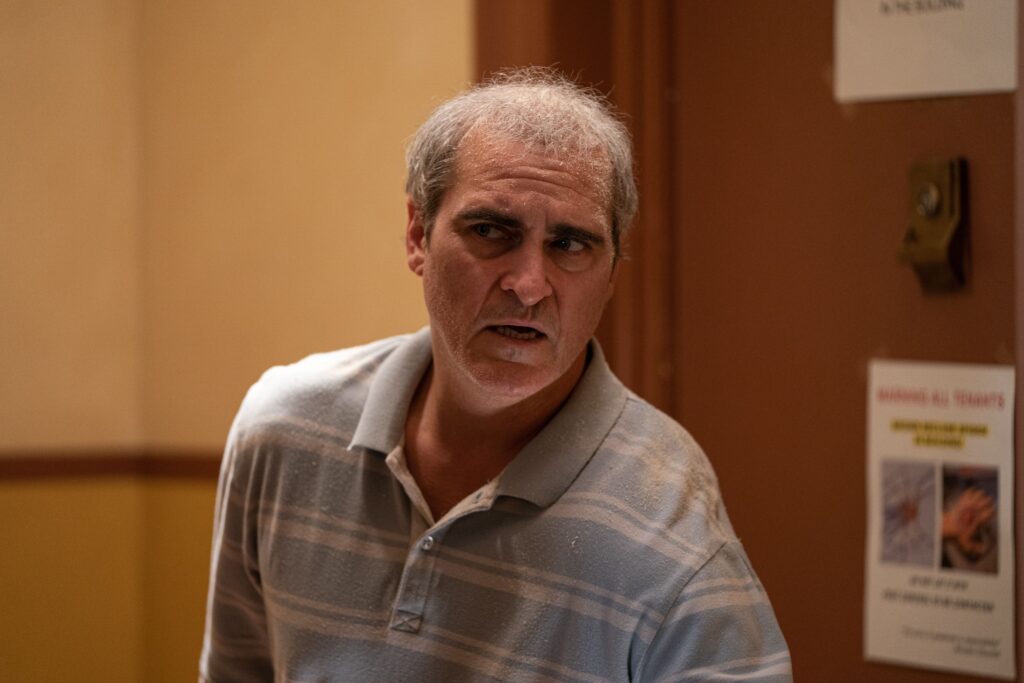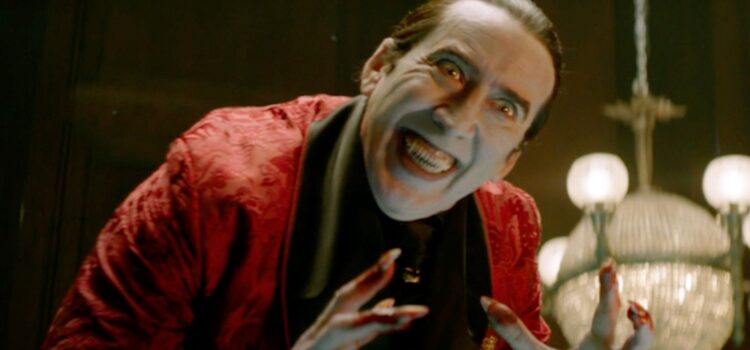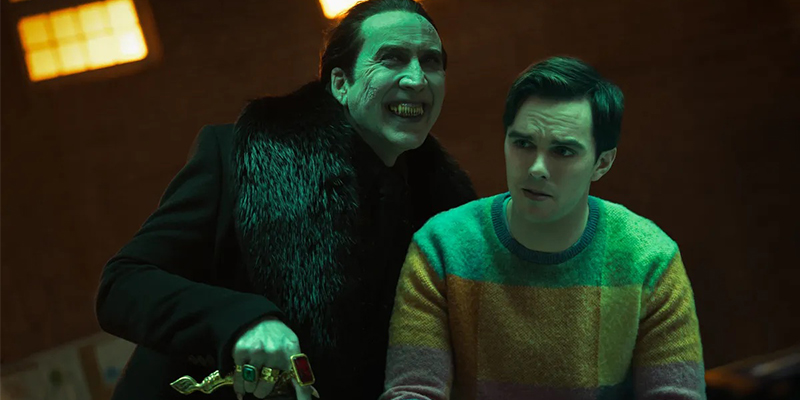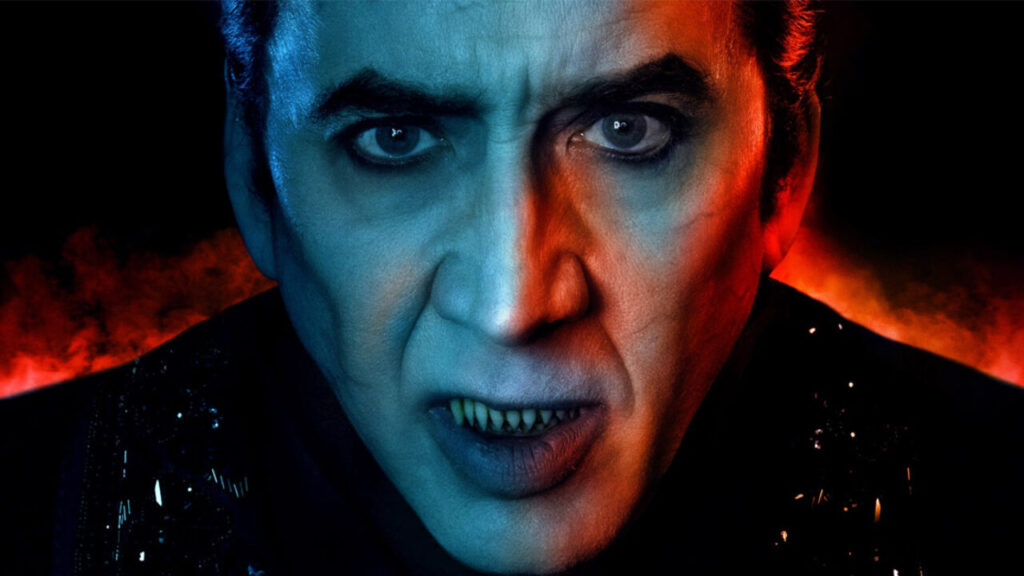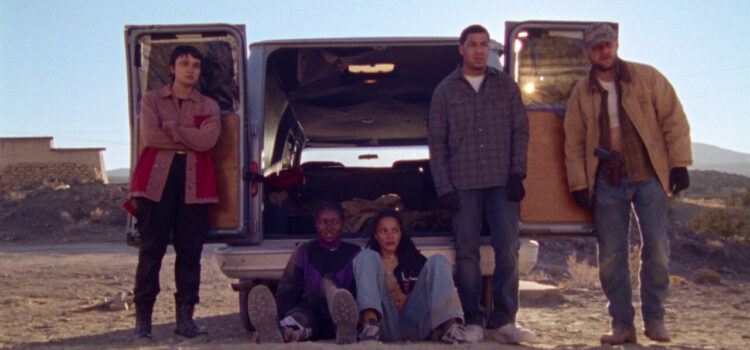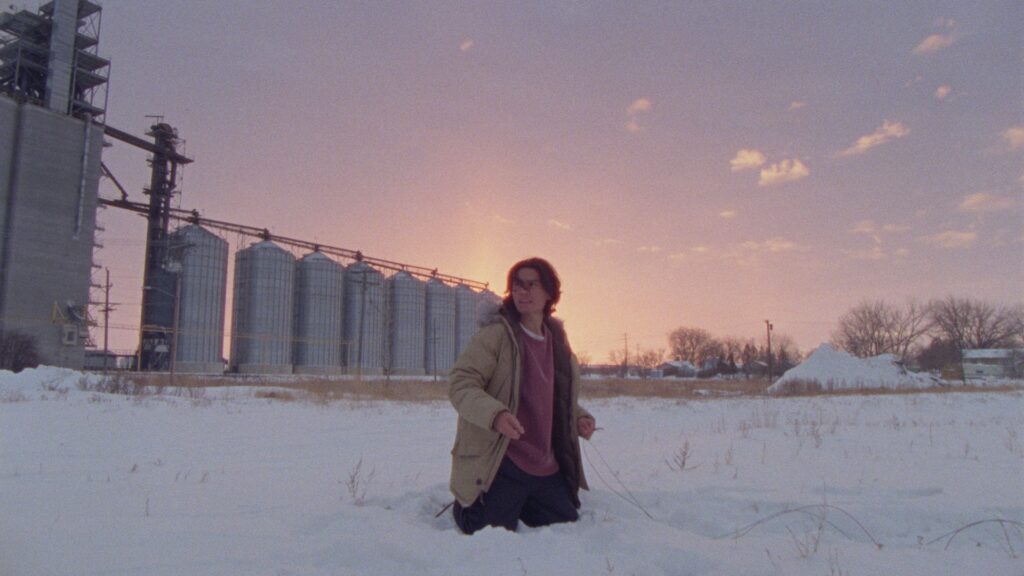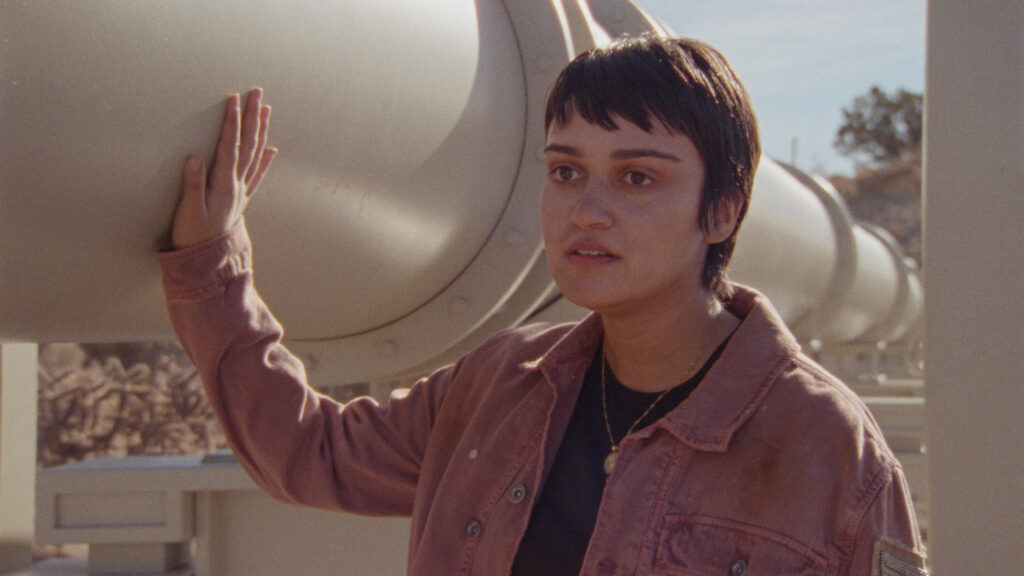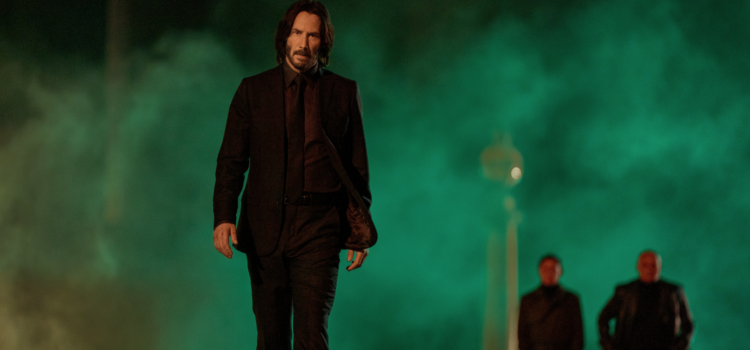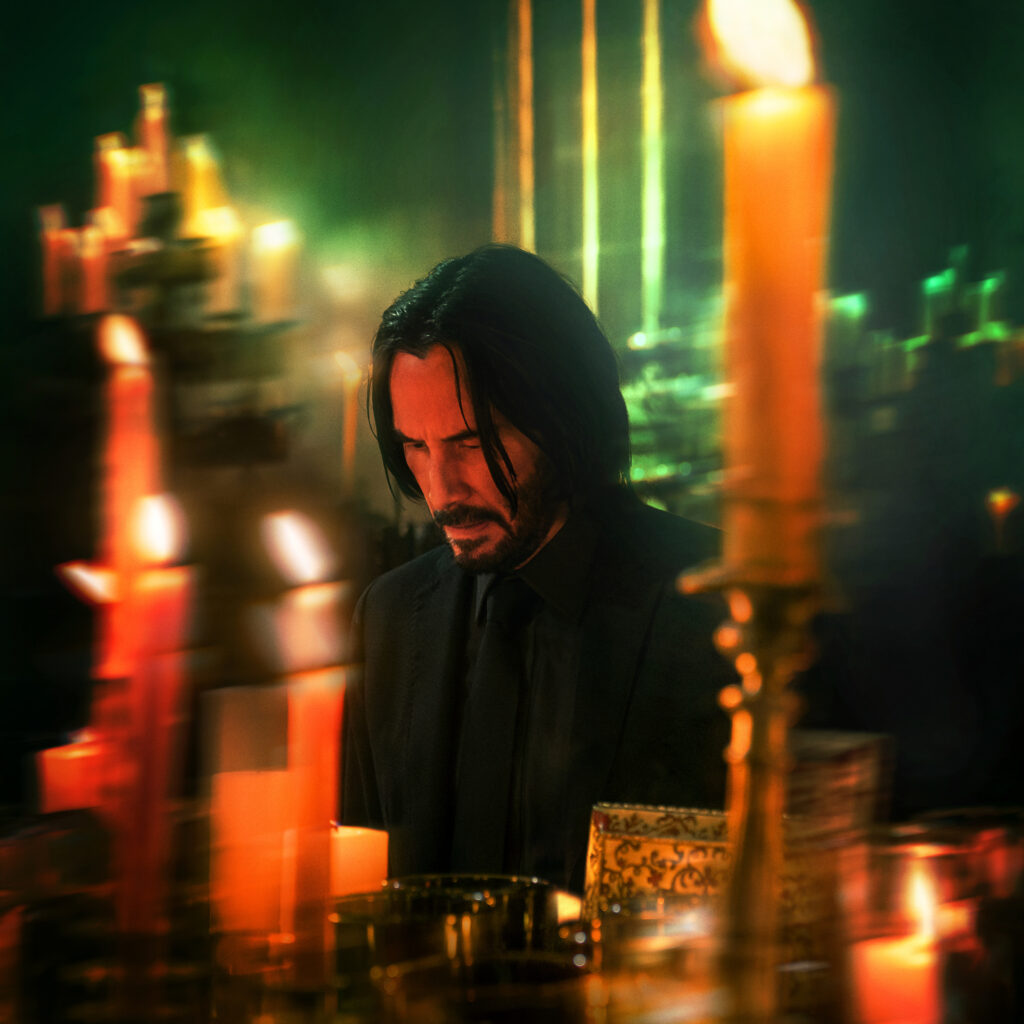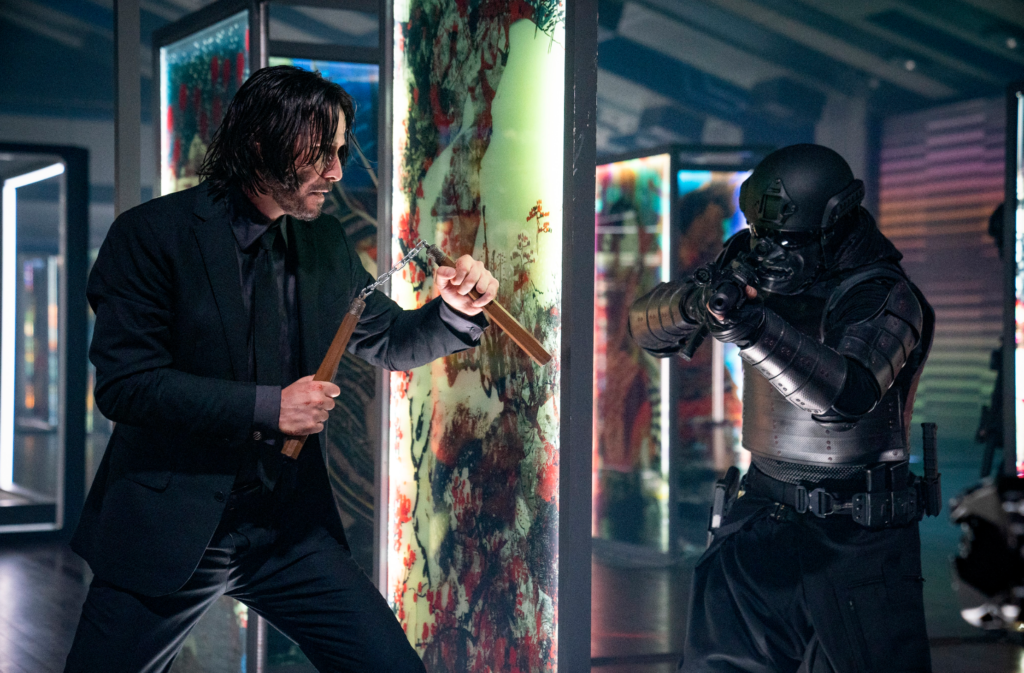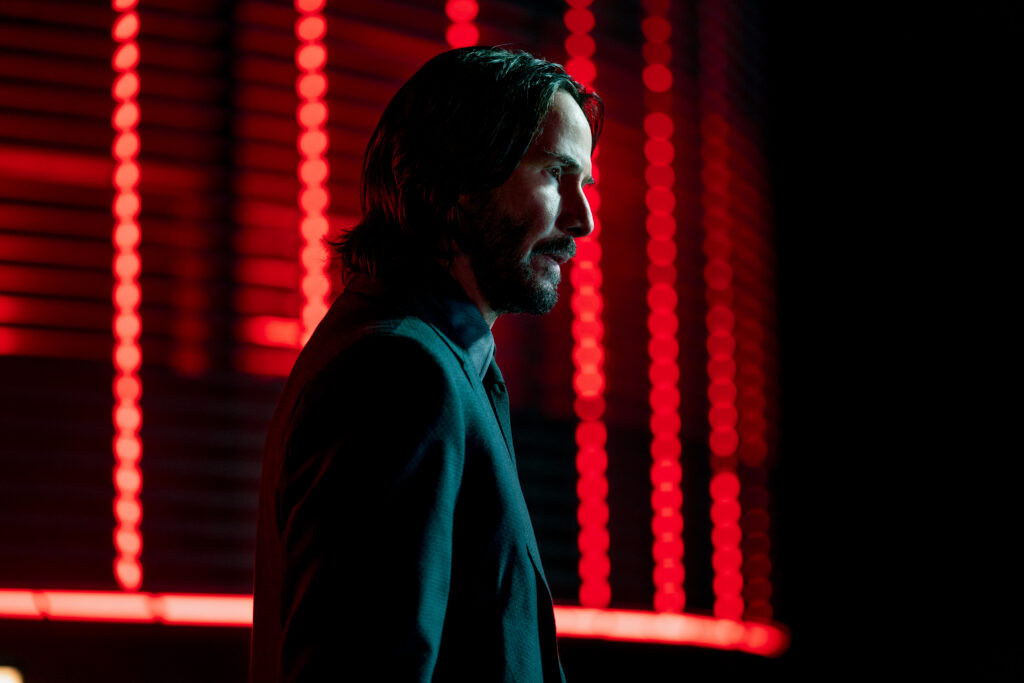By Alex McPherson
An eye-popping feast for the senses whose visual inventiveness can’t compensate for a restrictive middle-chapter narrative, “Spider-Man: Across the Spider-Verse” is consistently engaging but will play best for those already well-versed in Spider-Man lore.
Taking place 16 months after the events of “Into the Spider-Verse,” the film follows the exploits of 15-year-old Miles Morales (Shameik Moore), who struggles to balance his superhero role as Spider-Man with the more traditional responsibilities (i.e., attending classes) expected by his strict yet loving parents, Rio (Luna Lauren Velez) and the soon-to-be-police-chief Jeff (Brian Tyree Henry), who are unaware of his alter ego.
Miles, a rebellious teenager experiencing loneliness and heartbreak from his (literally) “out of this world” spider-people companions, including badass crush Gwen Stacy (Hailee Steinfeld), feels adrift and unable to fully express himself — yearning for freedom and belonging.
Gwen, in her own dimension, is similarly struggling to find acceptance and meaning; her father, George (Shea Whigham), a police chief, discovers her identity as Spider-Woman and blames her for the death of her timeline’s Peter Parker. After battling a monochromatic variation of The Vulture, Gwen is recruited by a team of Multiverse protectors — including the motorcycle-riding Jessica Drew (Issa Rae) and the brooding Spider-Man 2099, a.k.a. Miguel O’Hara (Oscar Isaac) — running from her now-perilous bond with her father. Soon enough, however, she’s called back into Miles’ orbit to tackle a new threat.
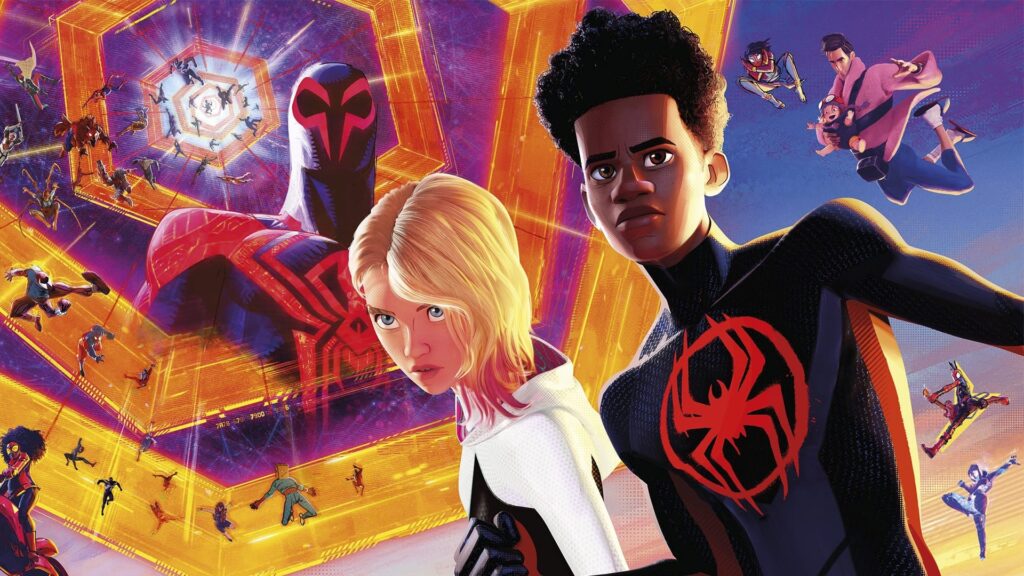
A bespeckled, self-deprecating foe named The Spot (Jason Schwartzman) shows up in Miles’ reality — brimming with hatred for Miles due to a past wrong that left him covered with holes through which he can teleport across great distances. He’s champing at the bit to become Miles’ “nemesis,” getting stronger by the moment in his fierce desire for revenge.
Things get even more complicated when Gwen shows up, reigniting her situationship with Miles, and prepares to leave once The Spot teleports elsewhere. Miles ends up following her into an interdimensional portal revealing a whole society of Spider-Beings, including the jovial Spider-Man India (Karan Soni), the unruly, punk rock Hobie Brown (Daniel Kaluuya), seemingly assembled from scraps of paper, and a hulking Spider-Tyrannosaurus, each manifested through different animation styles.
It’s not all sunshine and rainbows, though, as not only has The Spot gained enough power to pose a tangible threat to the Multiverse as they know it, but Miles must continue to fight against fatalistic, predetermined beliefs that restrict his free will on a universe-altering level.
Indeed, “Across the Spider-Verse” certainly has a boatload of information to convey to viewers, and to be honest, some of it soared over my head. This remains the sequel’s greatest flaw: no matter how excellent it looks and how well the talented ensemble brings these characters to life, the film remains ham-strung by a desire to be bigger in the classic sense, leaving its most compelling thread dangling by the end as we wait for the next installment in 2024.
Directors Joaquim Dos Santos, Justin K. Thompson, and Kemp Powers certainly have a keen sense of spectacle, seamlessly blending art styles together that reflect characters’ specific views of the world and their distinct, variably layered personalities. From a watercolor backdrop melting from mournful blue to hopeful pink with the thawing of emotions, to a brief detour into stop-motion animation straight out of “The Lego Movie,” and frantic action sequences throwing characters of all styles at the screen at once, packing in multitudes of nerd-culture references along the way, “Across the Spider-Verse” is equal parts mesmerizing and fatiguing by the end of its 136-minute runtime, boosted by a thumping, energetic score by Daniel Pemberton and a catchy soundtrack. The passion poured into this project by everyone involved is apparent from start to finish, at least from a presentation standpoint.
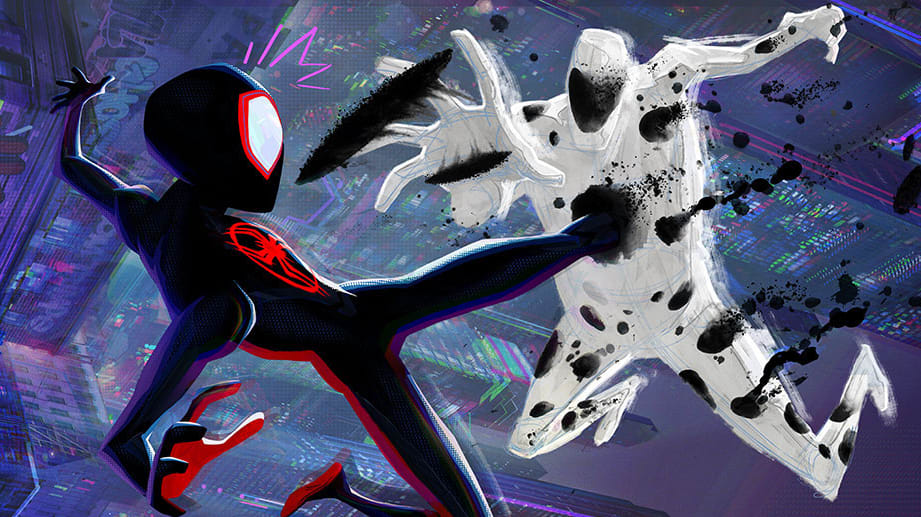
“Across the Spider-Verse” still falls prey to sensory overload in its second half, just like its predecessor, but is refreshingly focused on human relationships in its beginning stretch, particularly regarding Miles’ bond with his parents. Moore, Lauren, and Tyree Henry lend real pathos to their roles in these slower sequences, tenderly and believably navigating difficult choices along Miles’ transition into adulthood. Steinfeld is also excellent, particularly in early scenes with her alienated father: vulnerable and courageous, bitter and earnest. Gwen’s not defined by her will-they-won’t-they romance with Miles, but rather by her personal strength to confront her demons and fight for what she believes in.
It’s somewhat disappointing, then, that as Miles and company journey through the Multiverse, encountering bazillions of Spider-Beings, that “Across the Spider-Verse” reverts so frequently to exposition dumps and rushed characterizations that allow little time to be fleshed-out beyond the surface level.
Talk of so-called “canon events” (the expected happenings of each Spider-Man story) are interesting in a meta-textual sense, but the film leaves the concept’s thornier elements dangling, hopefully to be explored down the road, in favor of simplistic messaging. The Spot, too, idiosyncratically brought to life by Schwartzman, is sidelined for most of the second half, a Big Bad seemingly too big for the already overstuffed film to address.
No matter how likable the characters, or thrilling the animation, “Across the Spider-Verse” is unable to break free from the expectations of tradition: a story whose ideas of empowerment and individuality are only broached but not fully delved into, set-up for greater things in the future. Perhaps “Beyond the Spider-Verse” will rectify these qualms, but as it stands, “Across the Spider-Verse” can’t match its breathtaking presentation with equally strong storytelling.
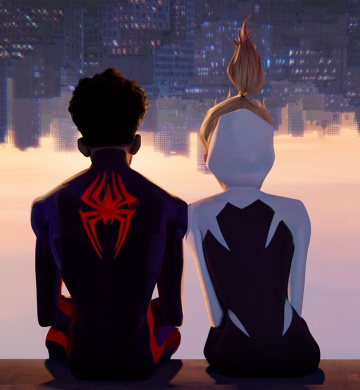
“Spider-Man: Across the Spider-Verse” is a 2023 animation-fantasy film directed by Joaquim Dos Santos, Kemp Powers, and Justin K. Thompson and starring (voices): Shameik Moore, Hailee Steinfeld, Luna Loren Valez, Oscar Isaac, Issa Rae, Jake Johnson, Jason Schwartzman, Rachel Dratch, Brian Tyree Henry, Shea Whigham, Karan Soni, Daniel Kaluuya, J.K. Simmons, and Mahershala Ali.
It is rated PG for sequences of animated action violence, some language and thematic elements and the runtime is 2 hours and 20 minutes. It opens in theaters on June 2. Alex’s Grade: B
Alex McPherson is an unabashed pop culture nerd and a member of the St. Louis Film Critics Association.


